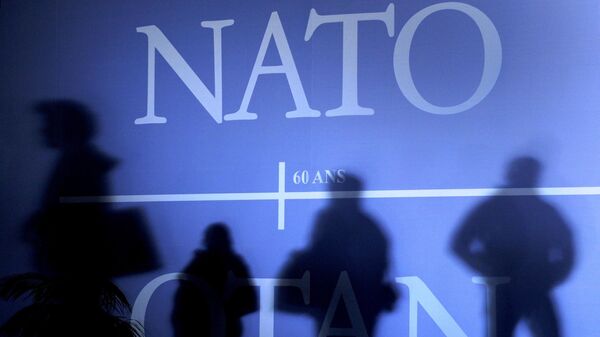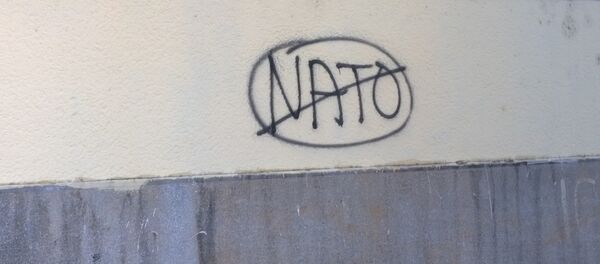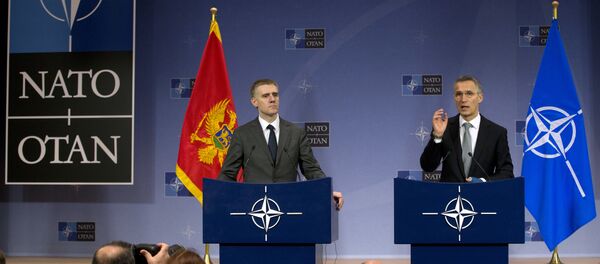MOSCOW (Sputnik) — On Tuesday, US senators voted 97-2 on Washington's Senate floor in favor of Montenegro becoming a member of the 28-member military alliance, an important step for the Balkan country's inclusion into the international defense organization.
"Montenegro is a tourist destination where huge number of Russians come on vacations, even buy houses and land, so if Montenegro enters the Alliance, we expect various financial consequences on the economy of Montenegro and it would not just leave this state in unnatural surroundings but it might also become a potential enemy to our Slav and Orthodox friends, that Russians have been for many centuries," Andrija Mandic, who controls eight seats in the 81-strong Montenegrin parliament, said.
According to Mandic, the increasingly tense relations between NATO and Russia would negatively affect future geopolitical dynamics, "especially when NATO is trying to ‘fortify’ on the borders of the Russian Federation."
The NSD leader pledged the party would react accordingly if Milo Djukanovic, leader of the ruling Democratic Party of Socialists of Montenegro, deprives the citizens of a referendum to make a decision on joining the military alliance.
"There is no doubt that Milo Djukanovic is on his way to put the state inside the borders of the Alliance without asking Montenegrin citizens… We will surely keep attention during the next steps of this process and act properly," Mandic said.
Montenegro was invited to join NATO on December 2, 2015, in the alliance's first expansion into Eastern Europe in six years. Podgorica accepted the invitation the following day, which triggered protests in the Balkan nation. In May 2016, the Alliance members signed a protocol on Podgorica's accession, which should be ratified by all the NATO member states in order to allow Montenegro to become a full-fledged member.
In late January, the country’s prime minister said Montenegro expected to become a full-fledged member of NATO before the next summit of the military alliance, anticipated for May, despite the opposition's calls to hold a referendum on the issue.
Russia has repeatedly expressed its concerns about the further expansion of NATO to the east. Last week, Russian Foreign Minister Sergey Lavrov said that Moscow regretted Montenegro's decision to join NATO and saw no clear benefits of the move, either for the military alliance or the country's own security.





